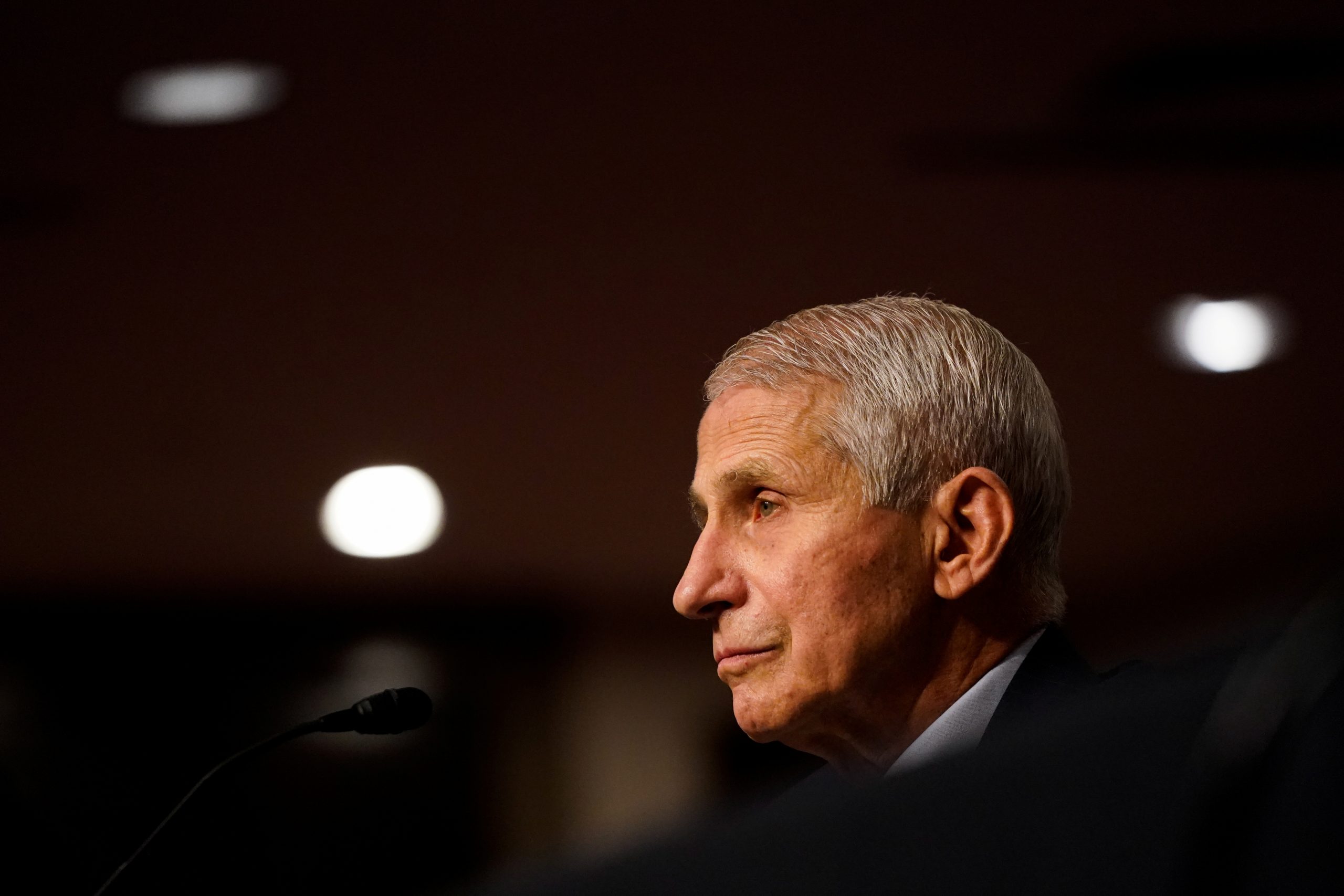
Lauren Dempsey, MS in Biomedicine and Law, RN, FISM News
[elfsight_social_share_buttons id=”1″]
The nation’s top doctor and medical advisor to the Biden administration, Dr. Anthony Fauci, reemerged to warn Americans that new COVID-19 lockdowns could be on the way.
He issued the warning early this week, saying that the country and the world should be prepared for future restrictions to fight new variants. He told BBC’s Sunday Morning that while he doesn’t like the political nature of the word lockdown, “we must keep our eye on the pattern of what we’re seeing with infections,” and “we should be prepared and flexible enough to pivot toward going back – at least temporarily – to a more rigid type of restrictions, such as requiring masks indoors.”
He suggested that the BA.2 variant may increase the rate of infections in the country, which he believes could warrant a move back to pandemic-related restrictions. Many experts, however, believe that hospitalization and mortality rates are better indicators for tracking severe illness caused by the coronavirus.
In the same interview that Fauci announced more lockdowns could be on the horizon, he also acknowledged that there is very little evidence to show that they were “worth it” or “too severe” saying that we might not ever “be able to determine what the right balance is,” but did finally admit that the widespread restrictions may have had some “unintended negative consequences.” This admission comes as Fauci had previously dismissed concerns that lockdowns had hurt the economy, resulted in mental and emotional stress for many Americans, and academically damaged school-aged children.
This is not the first time Fauci has flip-flopped his position. Throughout the pandemic he has made numerous contradictory statements, which for many has caused a lack of trust in his leadership. A poll from NewsNation conducted by Decision Desk HQ revealed that in January only 31 percent of Americans reported trusting Fauci.
Numerous critics believe his response to COVID-19 and information regarding the virus and variants are driven by a political agenda, saying he has ignored research and scientific data that doesn’t align his representation of science. However, Fauci says criticism of him is “the Benghazi hearings all over again.”
A Johns Hopkins University study indicated that lockdowns and restrictions during the initial wave of COVID-19 in early 2020 only reduced mortality by 0.2% in the U.S. and Europe. Researchers concluded, “lockdowns have had little to no public health effects, they have imposed enormous economic and social costs where they have been adopted,” adding “lockdown policies are ill-founded and should be rejected as a pandemic policy instrument.”
Despite the majority of Americans ready to move on, and data suggesting that much of the pandemic restrictions caused more harm than good, Fauci is still not ready to yield control over public response. According to Fauci, when it comes to COVID-19, “We can’t just say, ‘We’re done. We’re going to move on.’ We’ve got to be able to be flexible because we’re dealing with a dynamic situation.”
According to Dr. Brett Giroir, physician and previous Assistant Secretary for Health under the Trump administration, Fauci shouldn’t be “talking about lockdowns, restrictions, or anything with B.A.2.”
“We have vaccine immunity, we have natural immunity, we have antibodies, we have oral drugs, we have all this in our armamentarium and we’re in a really good place. Most Americans have immunity,” Giroir said in an interview, adding, “mandates really don’t work.”
